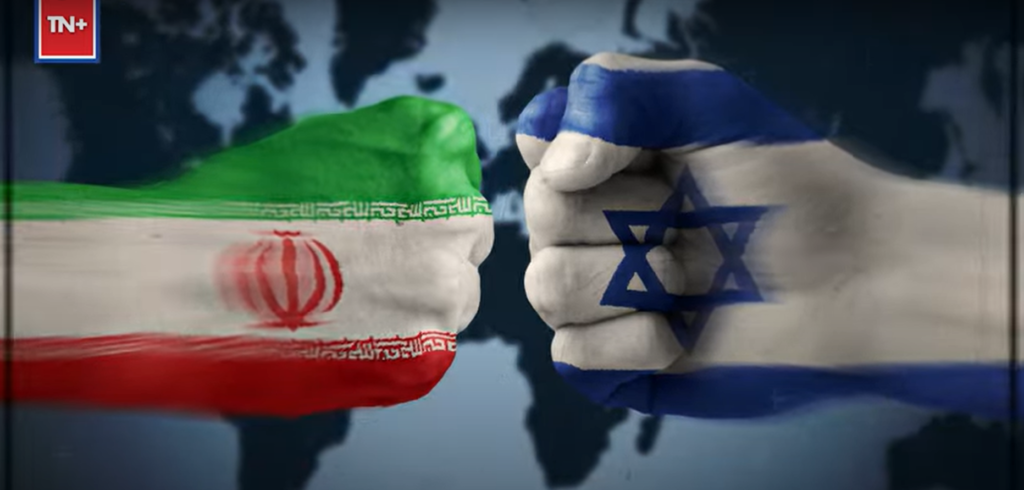This ongoing clash is more than a mere confrontation; it is a rehearsal for a potentially larger war between Iran and Israel.
To avert this scenario, Israel must secure victory in the present conflict, reestablish deterrence, and effectively address the threat posed by groups such as Hamas in the Gaza Strip.
The significance of this war lies in its potential to influence the trajectory of a larger, more direct confrontation between Israel and Iran.
Whether initiated by Iran or forced upon it by Israel’s concerns over nuclear capabilities, the looming war holds immense implications.
In viewing the current conflict as a rehearsal, it becomes crucial for Israel to inflict maximum damage on Iran’s proxy groups.
This includes dismantling the military capabilities of Hamas and the Islamic Jihad in the Gaza Strip, thereby neutralizing their impact.
The ongoing conflict also serves as a test for the implementation of Iran’s strategic vision of the “unity of the fronts,” meticulously crafted by the late General Qasem Soleimani.
Despite his elimination by the US army in January 2020, Iran has partially realized this strategy, orchestrating attacks on Israel from various fronts, involving groups such as Hezbollah, the Houthis, and pro-Iranian militias in Syria and Iraq.
The involvement of the Houthis, in particular, has significantly altered the dynamics of the conflict.
Their actions have resulted in a maritime economic blockade on Israel and imposed restrictions on international shipping lanes, prompting the formation of a US-led international coalition to safeguard the Red Sea’s waterways.
Hezbollah, while adhering to certain rules of engagement with Israel, has managed to displace thousands of Israeli citizens along the Lebanese border for an extended period, showcasing its strategic impact.
Israel narrowly avoided a disastrous situation when an attack by Hamas in October was not coordinated with Hezbollah.
The potential for a simultaneous assault on both the northern and southern fronts underscores the delicate balance and the need for Israel to remain vigilant.
While it appears that neither Iran nor the US is currently inclined towards a full-scale regional war, Israel must draw essential lessons from the ongoing conflict.
Rebuilding military strength and restoring deterrent power are paramount for Israel’s future security.
To restore deterrence effectively, Israel must pursue the collapse of Hamas, dismantle its military infrastructure, eliminate its leadership, and secure the release of abductees.
Anything less risks emboldening other branches of Iran to further challenge Israel.
Should Israel fail to achieve its military objectives in the Gaza Strip, it risks facing a more formidable challenge from Iran’s branches, possibly involving direct Iranian intervention.
The stakes are high, and the outcome of this conflict will significantly shape the geopolitical landscape in the Middle East.




